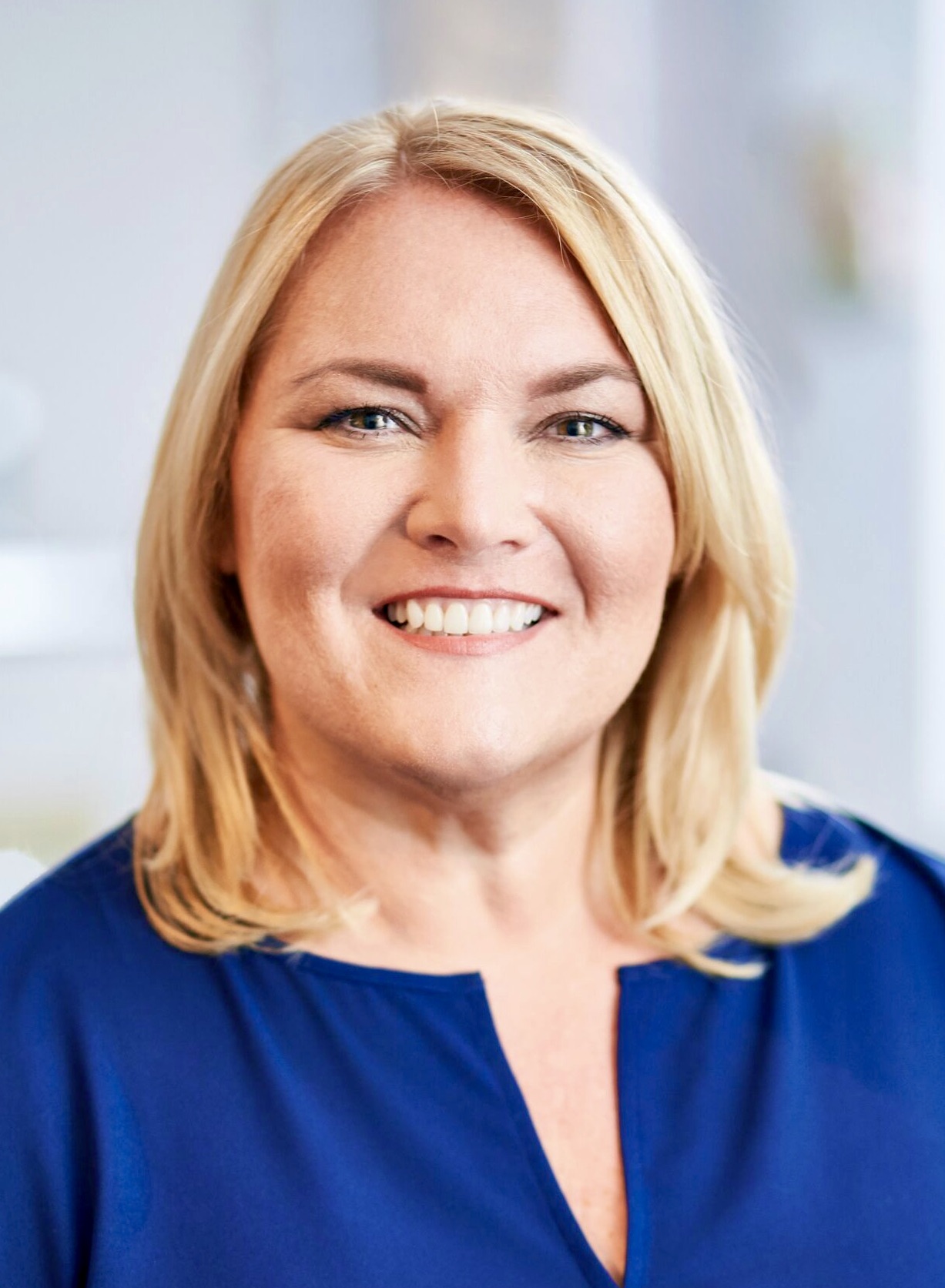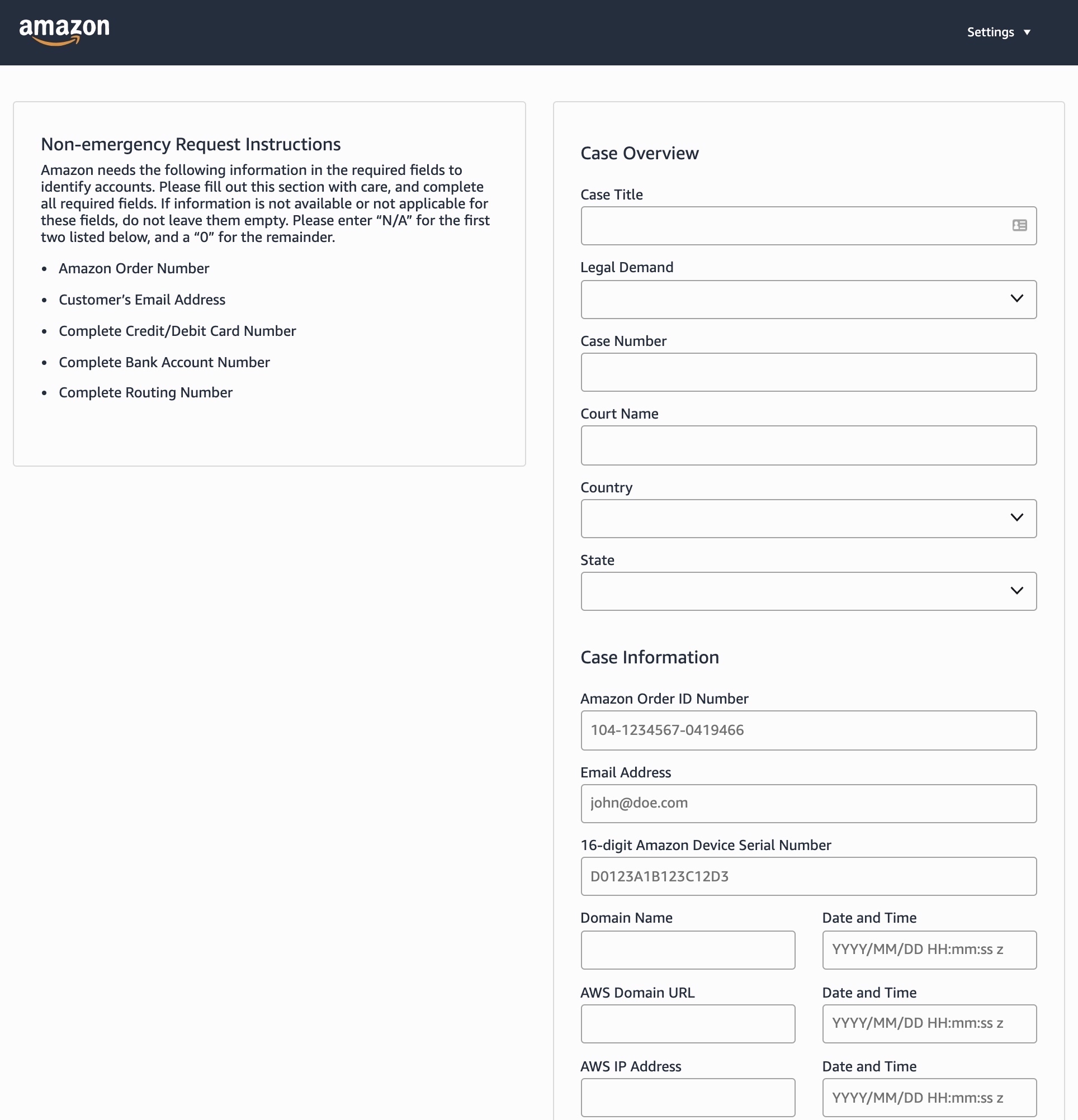Welcome back to This Week in Apps, the TechCrunch series that recaps the latest OS news, the applications they support and the money that flows through it all.
The app industry is as hot as ever, with a record 204 billion downloads and $120 billion in consumer spending in 2019. People are now spending three hours and 40 minutes per day using apps, rivaling TV. Apps aren’t just a way to pass idle hours — they’re a big business. In 2019, mobile-first companies had a combined $544 billion valuation, 6.5x higher than those without a mobile focus.
In this series, we help you keep up with the latest news from the world of apps, delivered on a weekly basis.
Top Stories
iOS 14 Home screen Customization Craze
The release of iOS 14 included one of the biggest updates to the iPhone’s user interface in years. Apps can now be stored off screen in the new App Library where they’re organized for you, as opposed to you being forced to categorize apps yourself into various folders. And Apple finally allows for home screen widgets — a development that left Android users snickering about how “behind” their iPhone-using counterparts have been all this time.
But as with iOS apps, Apple’s design constraints and rules around widgets mean there’s a standard that all widgets have to meet to be approved. As a result, widgets have a consistent look-and-feel, thanks to things like size limitations and other design guidelines. They can’t be stretched out indefinitely or moved all over the screen, either.
Apple may have originally envisioned widgets as a way for existing iOS apps to gain a larger presence on users’ home screens, while delivering key information like news, weather or stock updates, for example. But a handful of iOS developers instead built apps that allowed users to design widgets themselves — by selecting colors, fonts, sizes, backgrounds and what information the widget would display.
Meanwhile, TikTok users and other Gen Z’ers began teaching each other how to create custom icons for their apps using Apple’s Shortcuts app. These tutorials were starting to trend even before iOS 14’s release, but the addition of the App Library and widgets meant users could now finally customize their entire home screen. That prompted a more enthusiastic adoption of the icon customization technique.
On the Twitter hashtag #iOS14homescreen, users shared their creations — a showcase of creativity where home screens looked fully themed at last, with custom icons, widgets, decorative photos, matching wallpapers and more. The results have been fantastic.
And at the top of the App Store, there now sit a trio of must-have tools for this new era: Widgetsmith, Color Widgets and Photo Widget today continue to claim the top three spots on the free apps chart.
Users are also now demanding Apple to change how app shortcuts open. Currently, an app shortcut first launches Apple’s Shortcuts app, which then opens the target app. With the popularity of custom icons, users want that intermediate step cut out.
Apple is aware of the customization craze as it has in the days since iOS 14’s release run App Store editorial features about iOS 14’s design changes, suggested widgets to try, creative tools and more. It also featured apps at the top of the App Store, which are benefiting from the trend, like apps offering great widgets, like Fantastical, or those that are booming, like Pinterest — which recently broke its daily download record.
App makers team up to take on Apple and Google
A number of top app makers have banded together to fight against Apple’s control of its App Store and, to a lesser extent, Google’s control of the Play Store — a topic of increased regulatory scrutiny in recent months. Today, 13 app publishers, including Epic Games, Deezer, Basecamp, Tile, Spotify and others, have launched the Coalition for App Fairness.
The new organization formalizes efforts the companies already have underway that focus on either forcing app store providers to change their policies, or ultimately pushing the app stores into regulation.
On the coalition’s website, the group details its key issues, which include anti-competitive practices, like the app stores’ 30% commission structure, and the inability to distribute software to billions of Apple devices through any other means but the App Store, which the group sees as an affront to personal freedom.
Google allows apps to be side-loaded, so it’s not as much of a target on this front. In fact, much of the focus of the coalition’s efforts have to do with Apple’s business, given its stricter guidelines.
The group has also published a list of 10 “App Store Principles” it would like to see enacted industry-wide. These include the ability to distribute apps outside of app stores, protections from having their own data used against them to compete, timely access to developer documentation, the right to communicate with users through its app for legitimate business purposes, no requirements to use the app store’s payment systems, no requirements to pay unfair fees and more.
The website is also aiming to recruit new members to join the coalition. App makers who feel similarly oppressed by Apple’s practices are able to fill out a form to request to join.
Apple responded to the hardball tactics with a barrage of new material and data meant to highlight the benefits of its App Store platform. The company on Thursday revealed the number of rejections it enforces is quite low compared to the number of submissions. It said it rejected 150,000 apps in 2020 but sees 100,000 submissions per week. It also has removed more than 60 million user reviews it believed to be spam.
The company noted its Developer program has over 28 million developers worldwide, whose apps have seen over 50 billion promotions — meaning when a user sees an app Apple has promoted on the App Store, in emails, on social media or in other general advertising.
However, the backlash has also forced Apple to be more transparent about some of its until-now fairly secretive programs. For example, Apple has now published a page that clarifies how its Video Partner program works — a program that had before only been detailed via background conversations with reporters who then relayed the information to readers. The page reveals the program’s requirements and that over 130 premium subscription video entertainment providers have since joined. If the guidelines are followed, these providers can pay only a 15% commission to Apple instead of 20%.
Current members include Amazon Prime Video, Binge, Canadian Broadcasting Corporation (CBC), Claro, C More, DAZN, Disney+, Globo, HBO Max, Joyn, Molotov, MUBI, myCanal, STARZ and Viaplay, the website said.
TikTok deal chaos continues
No, seriously, what is going on with the TikTok deal? (We feel you, Walmart.)
The deal that Trump was poised to approve solved some but not all concerns by making Oracle a trusted technology partner responsible for hosting U.S. user data and ensuring other security requirements were in place. But issues around how the TikTok algorithm could be used to influence U.S. users or censor content were not addressed.
The ban got a week’s extension as a result of promising progress and the announcements that seemed to indicate the parties were in agreement on terms.
But this week, China jumped in to say it won’t approve a TikTok sale. In China Daily, an official English-language newspaper of the Chinese Communist Party, an editorial slammed the deal that would see Oracle and Walmart effectively taking over TikTok in the U.S. as one based on “bullying and extortion.”
At the same time, TikTok is chasing a legal means of preventing its ban in the U.S.
TikTok filed a motion to stop the Commerce Department from enforcing the Trump administration’s ban that would otherwise be set to start this weekend. The move came shortly after WeChat users were granted an injunction in a federal court last week that blocked the app from being banned. TikTok’s filing asks the court to set a hearing before the rules take effect at 11:59 PM on September 27, 2020. But unlike the WeChat case, TikTok is the one asking the court to stop the ban, not its users.
A federal judge said Thursday that the Trump administration must either delay the ban on U.S. app stores or file its legal response to defend the decision by 2:30 PM Friday. The Justice Department filed its opposition Friday, saying that U.S. user data being stored outside the country is a “significant” risk. The judge will still need to rule on the injunction — that is, whether the ban should go into effect Sunday, as planned.
Stay tuned to TechCrunch for the latest on this never-ending saga.
Weekly News Round-up
Platforms
- Google will increase its push for apps to give it a cut of in-app purchases. Following Apple’s lead, Google will begin to push harder to demand a cut of transactions on Android by enforcing a requirement for apps to use Google’s billing service, Bloomberg reports.
- New Google Play Console arrives on November 2, 2020. Over 350K developers now use the new Play Console today. On November 2, it exits beta — meaning you’ll be redirected to the updated experience when you log in. The console features reorganized navigation, speed and performance improvements, personalized messaging, a new Publishing overview page, acquisition reports and more.
- Apple temporarily waived App Store fees for Facebook’s online events. Facebook last month launched paid online events to help businesses impacted by the pandemic. But at the time, Apple wouldn’t waive its own fees. The company has now changed its mind, and will waive fees until December 31, but says this won’t apply to gaming creators.
- Apple and Facebook fight over messaging. But all is not well between the two tech giants on other fronts. Now that Apple has lifted its rules over default apps for email and web browsing, Facebook is pushing the company to allow Messenger to become a default messaging app too.
- iOS 14.0.1 and iPadOS 14.0.1 released. The update patches the bug that reset web browser and email apps back to Apple’s defaults after a restart, and other fixes.
- iOS 14 adoption surpasses 25% in five days after release. According to data from Mixpanel, iOS 14 (including iPadOS 14) reached 25% of active devices by Monday, September 21. As of the time of writing, it has reached 30.7%.
- Apple’s Swift comes to Windows. The programming language is available on Windows for the first time, six years after its debut on Apple platforms.
- Schoolwork 2.1 beta released. The updated iPad app for teachers and students is now in beta. Apps that use the latest ClassKit will be more discoverable by teachers in Schoolwork.
Services
- Amazon announces a gaming streaming service, Luna. A competitor to Microsoft xCloud and Google Stadia, Luna will allow gamers to stream titles to play across PC, Mac and iOS mobile web. Over 50 titles will be included at launch, including a Sonic game and Remedy Entertainment’s Control. Ubisoft titles will be available on subscription. Twitch integration will be a key selling point.
- Microsoft launches Xbox remote play streaming on Android. This is not xCloud, but rather a rebrand of the service previously called Console Streaming. The games stream directly from your Xbox One console to your Android courtesy of Microsoft’s new Xbox app for Android.
- UK launches a COVID-19 exposure notification app for England and Wales. Northern Ireland and Scotland had already launched official apps. All apps use smartphones’ Bluetooth radios to generate alerts of potential exposure to COVID-19.
- Samsung TV+ comes to phones. Free, ad-supporting streaming service makes the leap to Samsung devices.
- Adobe rolls out new ‘Liquid Mode’ in Adobe’s Acrobat Reader app for iOS and Android. The feature uses Adobe’s AI engine, Sensei, to analyze a PDF and automatically rebuild it for mobile devices. Adobe says it’s working on an API that will allow similar functionality for non-Adobe apps in the future.
Trends
- Fintech apps top 1.2B installs worldwide in Q2 (report).
- Time spent in education apps was up 90% year-over-year during the week of September 6, 2020, compared to last year, on a global basis. The numbers, via App Annie, were calculated on Android devices online. In the U.S., time spent was up 30%.
- Home screen customization apps top the App Store. Top 20 iOS home screen customization apps reached at least 13.7 million installs and more than $1 million in consumer spending in the seven days following the iOS 14 release. Pinterest also broke its daily download record as users sought new inspiration.
Other News
- Telepath launches a “kinder” social networking app. It aims to promote quality conversation and ban harassment and fake news. Easier said than done on today’s internet.
- Child tips off security researchers about scam apps with 2.4 million downloads. The scam involved apps posing as entertainment, wallpaper images or music download apps targeting young users. Some served intrusive ads even when the app wasn’t active. Others charged users, gaining revenues of over $500K. The apps were available across iOS and Android.
- Epic rejects Apple’s attempts to disparage its business. Apple tried to claim that interest in Fortnite declined 70% from October 2019 to July 2020. Epic said, no actually, daily active players grew 39% during those dates. The two sides are fighting over Apple’s right to commission Epic’s business in a continuing legal battle.
Funding and M&A (and IPOs)
- Apple acquires Scout FM. Apple bought a startup called Scout FM that turns podcast listening into more of a traditional radio-like experience by leveraging the user’s listening history to know what sort of programming they like. Deal terms are unknown.
- Epic Games acquires SuperAwesome. Epic acquired the kidtech pioneer whose digital engagement tools are used by 500 million kids per month across thousands of apps, including those from Lego, NBCU and Hasbro. Deal terms were not disclosed.
- IRL app raises $16 million. Event discovery network IRL raised $16 million in Series B funding after refocusing its social calendar on virtual events during the pandemic. The move made the app, now with 5.5 million MAUs, accessible by a wider audience.
- GoodRx IPO raises $1 billion+. GoodRx, an app that helps users comparison shop prices for prescription drugs, sold roughly 34.6 million shares at its IPO price to raise $1.14 billion at a valuation of $12.67 billion, sending its stock up 50%.
- Robinhood raises $660 million. Stock trading app Robinhood raised $660 million in an extension of its Series G round announced last month when D1 Capital Partners invested $200 million. Robinhood is now valued at $11.7 billion.
- Class for Zoom raises $16 million. Class for Zoom from ClassEDU is designed to make online teaching more engaging. The company was founded by former Blackboard CEO and former PrecisionHawk CEO Michael Chasen.
- Mobile Premier League raises $90 million. Indian mobile gaming platform Mobile Premier League (MPL) raised $90 million as the company looks to expand its esports and gaming platform outside India.
- Rappi raises over $300 million. Colombian delivery app Rappi raised over $300 million in a round from T. Rowe Price Associates and others.
Downloads
How could you not be customizing your iOS 14 home screen this week? The launch of the new mobile OS has delivered an entirely new category of apps — widget design tools. And alongside these apps, there are others that can help you get started creating a whole new look for your home screen. These could be creative tools, those for sourcing inspiration or those for building custom icons. Want a weekend project? These apps below can get you going:
- Pinterest: Search for ideas and inspiration to get your motivation. Download wallpapers and other photos you may want to use with your icons.
- Widgetsmith: The current No. 1 app lets you build all sorts of customized widgets in a range of colors and sizes.
- Color Widgets: The current No. 2 app offers a customizable widget that can feature the date, time, day of the week and battery percentage for the top of your home screen.
- Photo Widget: Simple: Another top app that lets you pick a single photo for placement on your home screen.
- Motivation – Daily Quotes: A top 30 app lets you pin some daily inspirational quotes to your home screen.
- Launcher and Launch Center Pro: these two apps include tools for creating custom icons.
- PicsArt: For more creative types, PicsArt is great for sourcing photos and designing backgrounds and icons either from scratch or by remixing those others have already made.
- Canva: The DIY design tool has added a collection of iOS home screen templates.
- TuneTrack: If you want a Spotify widget, this app is your best option for now as no official widget is available.
- Fonts: Why stop at the home screen? customize your keyboard theme to match your new design.
- Fantastical: Now includes a dozen widgets for date, weather, calendar, events and more.
- Etsy: Can’t DIY? Designers are turning to Etsy to sell packs of icons and widget cover photos that will let you create a beautiful home screen without doing all the creative work yourself.


Source: Tech Crunch















